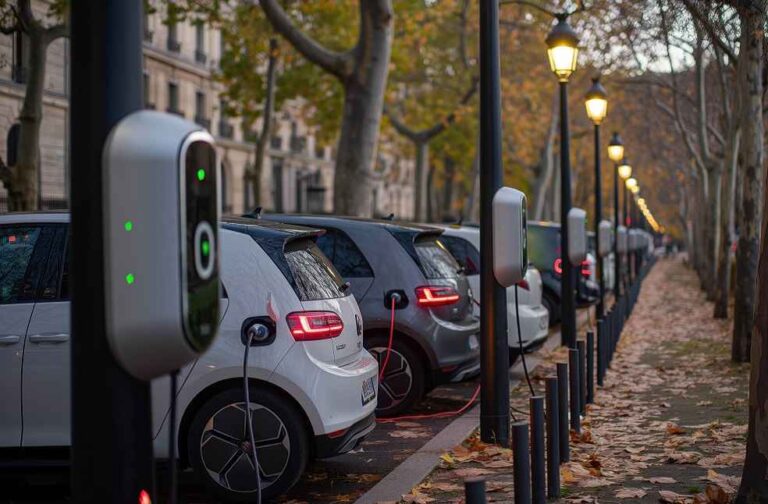The UK government is expected to provide an additional £1.3 billion in funding for a program aimed at promoting electric vehicle adoption during the next week’s budget announcement.
The Electric Car Grant scheme, launched in July to support the transition to zero‑emission vehicles, has reportedly enabled 35,000 people to switch to EVs. However, reports indicate that the scheme has had little impact in attracting new buyers.
Additional funding will be directed toward expanding charging infrastructure, alongside a consultation on ways to support people without driveways. Meanwhile, the upcoming budget may introduce a potential new tax for EV owners, with a pay‑per‑mile charge under consideration.

Transport Secretary Heidi Alexander told the BBC that providing incentives for electric vehicle sales would help drive economic growth.
“So, making sure that we are enabling people to buy a new electric vehicle if that’s what they want to do, whilst also investing in charging infrastructure, it is the right long-term decision,” she said.
According to Reuters, the initiative is part of the UK’s wider plan to achieve net-zero emissions by 2050, which involves ending the sale of new petrol and diesel vehicles by 2030. Despite this, EV uptake has remained slow, largely due to high initial costs for buyers.

The Electric Car Grant scheme, offering discounts of up to £3,750 on qualifying vehicles, was introduced with an initial budget of £650 million. According to New Automotive, electric cars under the scheme accounted for 23.8% of new registrations in September—unchanged from their share prior to the grant’s launch.
The upcoming budget is also expected to allocate an additional £200 million to accelerate the rollout of charging points across the UK.
KNOWLEDGE | Singapore’s 15-Storey Tower Delivers Supercars Like a Vending Machine





